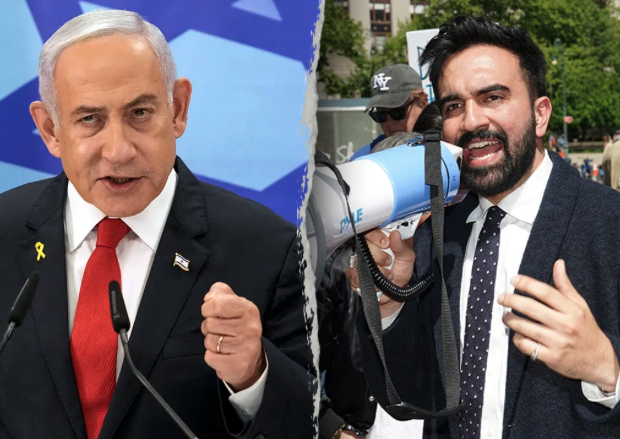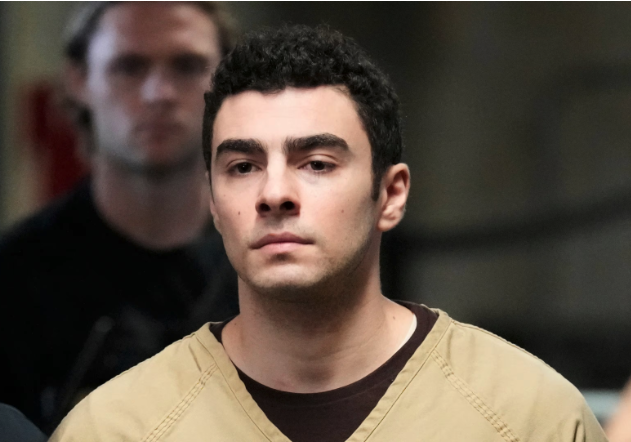A New York judge has dismissed terrorism charges against Luigi Mangione in the killing of UnitedHealthcare CEO Brian Thompson, but the most serious charge still stands: second-degree murder. The decision means Mangione will still face trial, but not under the terrorism statute that prosecutors had hoped would apply.
Judge Gregory Carro wrote in his ruling that while Mangione’s crime was no ordinary act of violence, New York law has strict definitions for terrorism. He noted that Mangione’s anger at the health care industry, however strongly expressed, did not legally meet the requirement of intending to “intimidate or coerce a civilian population.” The judge concluded there was no evidence that Mangione’s goal was to terrify the public at large.
Luigi Mangione
NYC AG BRAGG BUMBLES Again. The NYC Judicial System is so CORRUPT and INEPT they should be BANNED from trying Important Cases.
Luigi Mangione top terrorism charges thrown out by judge Gregory Carro in state case in massive blow to Bumbling AG Bragg.… pic.twitter.com/fccndPh98D
— wyntre (@Wyntre999) September 16, 2025
The ruling left Thompson’s killing firmly in the spotlight, a case that has gripped both Wall Street and Main Street since the attack last December. Surveillance video showed a masked gunman shooting Thompson from behind as he arrived at the New York Hilton Midtown for an investor conference. Police later revealed that ammunition at the scene was marked with words like “delay,” “deny,” and “depose” — a phrase often used to describe how insurers handle claims.
Prosecutors said they respected the court’s decision to drop the terrorism charges and would proceed with the nine remaining counts. Pretrial hearings are set for December 1, just days before Mangione is scheduled to appear in federal court for separate proceedings.
Mangione, a 27-year-old Ivy League graduate, appeared in court Tuesday wearing beige prison clothes and shackles. His presence drew dozens of supporters, many of them women, who have turned him into a symbol of resistance against what they call corporate greed. Several wore green in reference to the video game character Luigi, and one wore a “FREE LUIGI” T-shirt. Outside, cheers erupted when word spread that the terrorism charges had been dismissed.
But the legal road ahead for Mangione is far from simple. He is already facing a federal death penalty case. Attorney General Pam Bondi has labeled the crime a “premeditated, cold-blooded assassination that shocked America” and directed federal prosecutors to pursue capital punishment. Prosecutors in that case say Mangione stalked Thompson before the attack, framing it as political violence.
Mangione’s defense team has pushed back, arguing that being tried in both state and federal courts amounts to double jeopardy. Judge Carro disagreed, saying it was too early to decide and that the two cases involve different legal theories. Still, defense lawyers insist the parallel prosecutions create what they call a “legal quagmire” that makes it nearly impossible to prepare for trial.
The Manhattan district attorney’s office has leaned heavily on Mangione’s own writings. They say he kept a diary describing his desire to kill an insurance executive, praised domestic terrorist Ted Kaczynski, and wrote that his actions were meant to bring “revolutionary change” to the health care system. In one confession addressed “To the feds,” prosecutors say, Mangione admitted, “It had to be done.”
If convicted of second-degree murder in the state case, Mangione faces 15 years to life in prison, with parole eligibility after 25 years. But his fate may ultimately be decided in federal court, where the government is seeking the death penalty.




